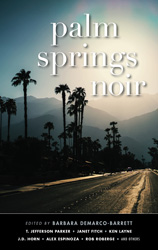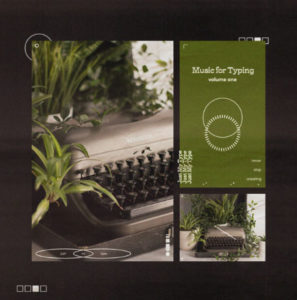Jim Tomlinson was on the show some time ago with co-host Marrie Stone. I emailed him questions last week regarding the short story form and he graciously responded. Here you are:
BDB: Why do you write short stories?
JT: Short stories give the writer a way to look at some single thing that puzzles or interests. You can turn a situation over in the story and examine it in detail. And maybe, as you write, you’ll reach some new level of understanding. Or maybe you’ll just gain an appreciation for the mystery of how complex lives and relationships (both the fictional and the real kind)can be.
BDB: Have you ever considered novels?
JT: A novel is a different thing. It has scope. In general, it addresses bigger concerns, portrays the larger part of a character’s lifetime, the societal implications of things, long-term effects, moral consequences of deeds, etc. A novel is built of a string of consequences and complications, and a hundred pages in it is hard to remember how different the world seemed starting out. While the short story is usually centered on a moment, the novel is a seemingly endless progression of “and then, and then, and then…” in a grand and pleasingly shaped arc.
Of course, when someone tries to define what a novel is, another someone can always point to examples that disprove it. Still, that’s how I think of the novel. I’ve definitely considered the novel, Barbara. Yes. In fact, I’m working on a novel now.
BDB: Isn’t it hard to publish short stories or don’t you think that way?
JT: When I’m working on a story, my only concern is writing the next sentence and then the next paragraph and trying to make each word absolutely true. Until I’ve written and revised a story and polished it into as true a thing as I can, I don’t give one moment’s thought to whether anyone will want to publish it.
The total market for single short stories is huge. Unfortunately, the paying market (something more than complimentary copies) is a small part of that. And the demand by publishers for single-author books of short fiction is at a low ebb right now. It has been for several years. Writing short stories is not a lucrative business.
The only time I’m concerned with the market for stories is when I’m printing out copies to submit. The market doesn’t really matter on the other days, the vast majority, when all you have to concern yourself with is writing.
BDB: Tell me about your latest book.
JT: Nothing Like an Ocean, my second book of stories, is in the publishing pipeline now. It is due out in March, 2009. It’s a sequel of sorts to Things Kept, Things Left Behind (Iowa Short Fiction Award). Like those earlier stories, the new ones are set in and around fictional Spivey, Kentucky. Since it’s a small town, it seemed natural that some characters and settings from the first book would show up again. And they do. Most of my stories are concerned, at their core, with characters in complex relationships, be they brother and sister, father and son, spouses, or teacher and former student. Gunshots are rare, high-speed chases and outhouses non-existent. There are church dances, though, and drinking on weekends, rainy craft fairs, copper thieves, fume-huffing teens, a rescue greyhound, a rare rabbit, and several flavors of burgeoning romance….something, in short, for everyone.
Barbara, just an hour or two ago I visited your blog and read the recent post. I can relate to the dilemma.
I had a discussion with Claire Messud about my efforts to transition from writing short stories to writing novels, and she questioned my motive for wanting to switch. There is pressure from the industry for every decent story writer to turn out a novel, and I’m guessing that Messud suspected that was motivating me. I told her that I genuinely wanted to write the “bigger story” that a novel canvas allows. “Maybe you aren’t a novelist,” she said. “Maybe you’re a short story writer. That’s not a bad thing to be.”
She went on to name several writers whom she categorized as essentially story writers.
In trying to make the shift to novels (I’ve written three complete, unpublishable novels in years past, so I know something about it), I’ve come to understand how different they are from short stories. Yes, you have characters and scenes and use some of the same writing tools. But there’s a whole ‘nother level of storytelling and structure that you have to master to turn out a good novel. And I’m still working to get there.
But I’ll echo what Messud told me…a short story writer isn’t a bad thing to be. In fact, it’s a lofty goal when you look at what writers like Chekhov, Carver, Dubus II, etc. have achieved in the form.



 Support Indie bookshops and this site by purchasing books through my BookShop
Support Indie bookshops and this site by purchasing books through my BookShop
